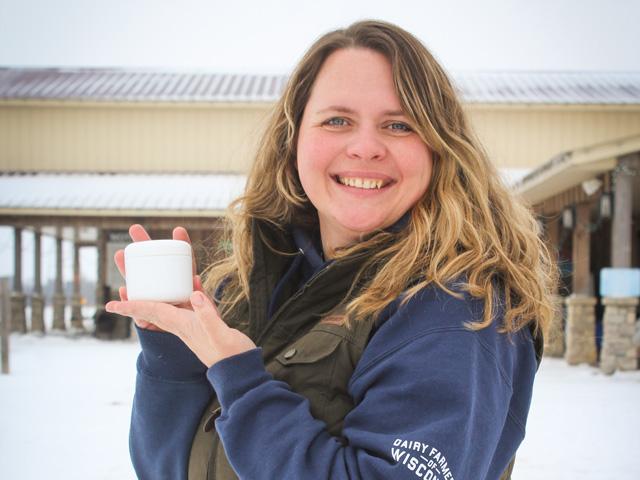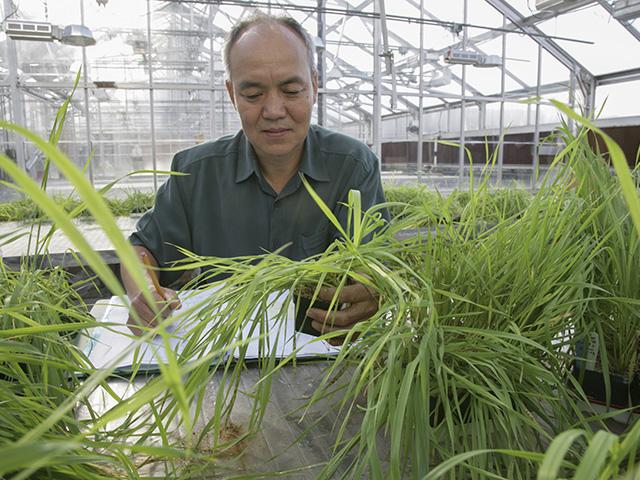An Urban's Rural View
What is USDA's Most Important Function? The Answer May Surprise You
Former Secretary of Agriculture Dan Glickman made a thought-provoking comment last month at a Farm Foundation Forum on Biden-administration ag policy. "I happen to believe," Glickman said, "that the research function of USDA is the most important function of the Department of Agriculture." (https://www.youtube.com/…)
The research function? Really? You can hear USDA constituents rebelling in protest: "What about crop insurance and other payments?" cry the farmers. "What about food stamps?" demand the hunger lobbyists. "What about the Forest Service?" ask forestry constituents.
No question, there are rivals for the title of USDA's "most important function." Farm payments currently provide 30% to 40% of farm income (https://www.uaex.edu/…). Outlays on food stamps and other nutrition programs account for 75% of USDA's budget (https://www.ers.usda.gov/…). The Forest Service has 30,000 of USDA's 100,000 employees (https://www.fs.usda.gov/…).
That said, give the former secretary his due. There's a strong argument for calling research USDA's most important function.
To understand the argument, start by going back to 1862, the year Congress created the Department of Agriculture and passed the Land Grant College Act. As I argued in a post last July (https://www.dtnpf.com/…), these enactments were part of a new industrial policy for agriculture.
Agricultural knowledge, its creation and sharing, were central to this policy. Land-grant colleges were designed to teach agronomy and ag economics, among other things. Ag Extension was tacked on in the Smith-Lever Act of 1914. It established a partnership between USDA and the land-grant schools to provide knowledge to farmers.
P[L1] D[0x0] M[300x250] OOP[F] ADUNIT[] T[]
Historically, then, knowledge was USDA's most important product. And, arguably, whichever function is today's most important should at least be one that can be classified as agricultural industrial policy.
Admittedly, there have always been -- and there still are -- those who oppose any kind of industrial policy. They want to minimize the government's role in the economy, period. President Abraham Lincoln, who enthusiastically signed those 1862 enactments into law, had an answer for them. Lincoln was no socialist, but he contended that government should do for the people what they can't do, or do as well, for themselves.
Basic research -- research that creates knowledge, as opposed to products -- fits that bill perfectly. Individual farmers can't do it. Agribusiness companies prefer to do applied research, which uses knowledge to create products. Ag trade groups can do some basic research but none have the wherewithal to do a lot of it. Only the government can do a credible job of performing and funding basic research across a broad array of research-worthy problems.
And there really is a broad array of ag research that needs doing. Research on crop pests and diseases. On climate-smart farming techniques. On new and better cultivars of plants. On the special problems of small farmers. On food safety, food waste and oodles of other food-related issues. On zoonotic diseases, those that jump from animals to humans, often after having jumped from one species of animal to another -- like COVID-19.
And this is just the first page; the list fills a book. In Glickman's words, USDA's research agenda includes whatever can be done "to protect farmers, ranchers, consumers and our food supply generally."
As for those other contestants for the most-important-function title, yes, they're important. But at least two of them are hangers-on, things USDA administers that aren't really ag industrial policy.
The U.S. Forest Service is part of USDA because President Theodore Roosevelt wanted to emphasize that "conservation means development as much as it does protection." It's more environmental policy than agricultural policy.
While food stamps create demand for what farmers produce, they are really more welfare policy than ag policy. Farmers support them, but the people who care passionately about them are those whose mission is the poor.
Crop insurance and other payments to farmers are clearly agricultural industrial policy and clearly meet Lincoln's criterion for governmental intervention. They're things farmers can't do for themselves. But they are, at best, short-term palliatives.
If farmers had larger and more consistent profits, they wouldn't need these payments. Research, by comparison, lays the groundwork for larger and more consistent profits. Payments cushion this year's failures. Research aims to avoid future failures and invests in future success.
This is not to say we should abandon payments and rely solely on research. It's simply to say former Secretary Glickman isn't blowing smoke when he calls research USDA's most important function.
Farmers and ranchers should hope Washington funds ag research more generously in the future than it has in the recent past.
Urban C. Lehner can be reached at urbanize@gmail.com
(c) Copyright 2021 DTN, LLC. All rights reserved.




